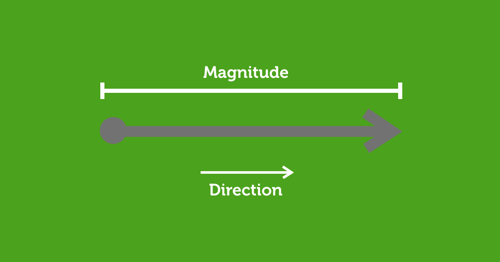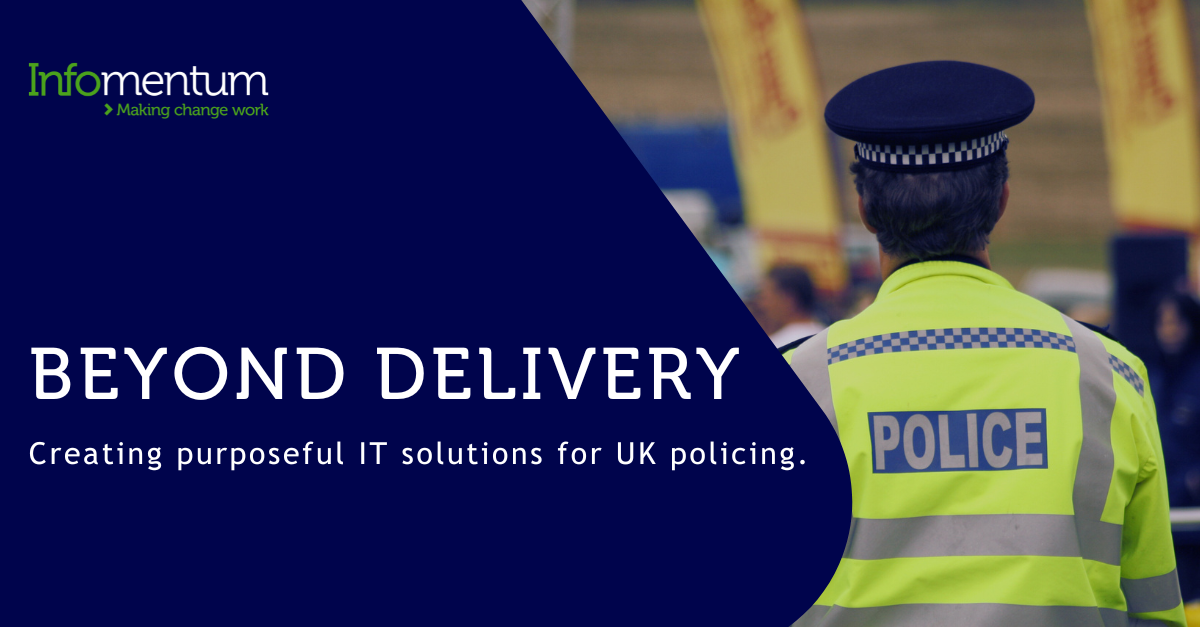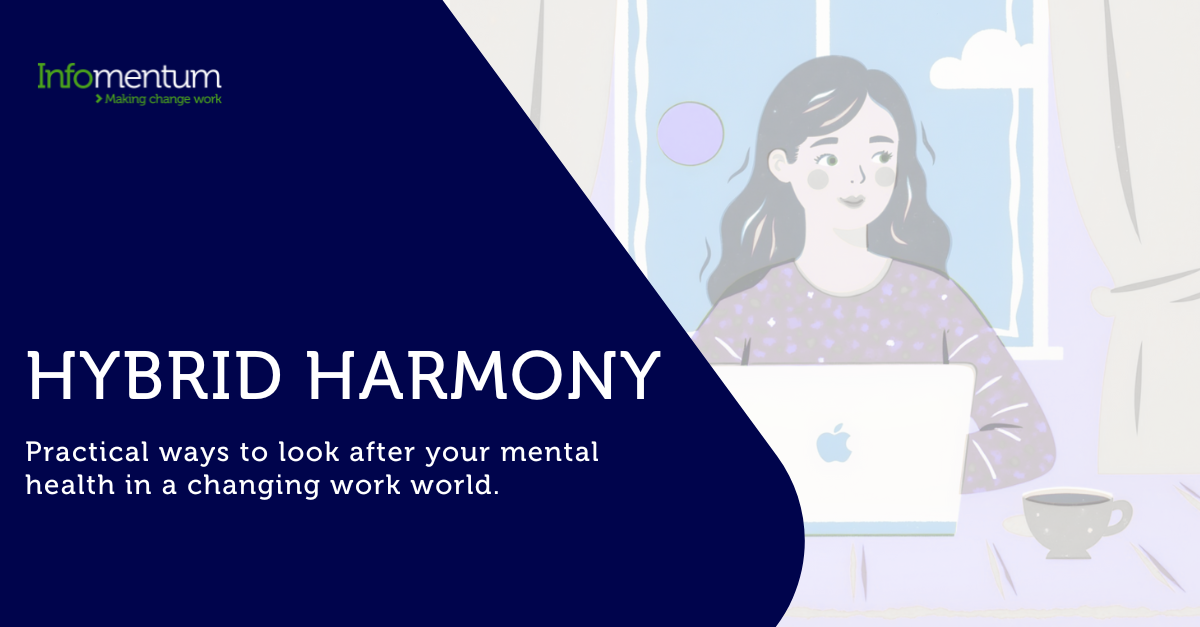Few events in life have the impact of starting a new job. As any career person can attest, acclimating to a new workplace or role requires patience. It’s a social and intellectual challenge. This consideration led me to a simple concept, a modus operandi for adjusting to a new organization.
Choose your direction and pursue it.
Let me introduce the vector, Latin for “carrier.” A subtle but beautiful concept found in mathematics and a slew of sciences from computation to aeronautics. Vectors are objects with size (or magnitude) and direction. For physicists, vectors are foundational tools for studying acceleration and momentum – like analyzing the behavior of a photon. Even for the science-agnostic crowd, vectors appear everywhere - a car in movement, a kicked football, the dog running after that car.
In a more abstract sense, an analogy can be drawn between vectors and the events of our lives, from our mortal lifespans to personal relationships. We select a direction – a career, a partner, a hobby – and pursue it.

How do you find your place in the new organization?
Herein lies the complexity that makes a discussion of vectors useful. Remember, direction and magnitude. Direction is simple. A new employee is given a role and procedures to follow. The role supports the organization’s larger mission - make money, satisfy your clients. Easy as pie. But how do we prime ourselves for success? How do we reach a state where we have the force and confidence to trust our peers and take risks? Ultimately, how do you find your place in creating the organization’s future? The what is easy, the how is a distinct consideration.
Orientation vs on-boarding
I’m talking in veiled language about the difference between orientation and on-boarding. While the two are often used interchangeably to describe welcoming a new hire, orientation refers to a limited-scope step within the larger on-boarding process. Orientation addresses an organization’s needs – provisional paperwork, learning company policy, and an overview of responsibilities – while on-boarding is centered on building an employee’s sense of engagement and purpose within the organization.
Infomentum has a very human feel, there is a pervasive sense that everyone is true to themselves.
On-boarding activity deepens a team over time and allows layers of understanding to accrue. The golden egg that gestates is the implicit trust necessary to provide honest feedback and take risks. It is about providing the fuel to reach the goal and the support necessary to achieve it.
Working remotely from New York
I am a creative front-end developer. A drop of code and a dash of design, that’s my passion. Infomentum brought me on board from the US and was kind enough to help me relocate to the UK. As an initially remote team member, on-boarding came in ripples throughout my first year. Over two distinct periods of work, first remote and then on-site, my experience has been a revealing study in coworker relations and styles of communication.
 While working from my rural outpost in New York, I wanted to build a sense of camaraderie with my teammates. This proved challenging. As I came to understand, many of the components of building vibrant coworker relationships are developed in the off moments – over lunches, celebrations, silly moments in the office. I had a geographical hitch – an ocean in the way.
While working from my rural outpost in New York, I wanted to build a sense of camaraderie with my teammates. This proved challenging. As I came to understand, many of the components of building vibrant coworker relationships are developed in the off moments – over lunches, celebrations, silly moments in the office. I had a geographical hitch – an ocean in the way.
Luckily, Infomentum adheres to an Agile work methodology, so opportunities to talk with teammates are prescribed and frequent. But daily stand-ups and sprint meetings don’t have the texture of personal conversation – it’s hard to get to know people as a disembodied voice on Google Chat.
I focused on being communicative and practical, trading much of the rapport-building for efficiency. I was limited to an identity built on output. The code and designs I pushed through the pipeline needed to be my best and a representation of who I was. Over time, I honed key skills: solid time estimation, issue clarity, and an acute sense of the time differences. I grew into my function and communicated often, slowly coming to know my teammates. Then, after eight months, my visa was granted. The siloed virtual period was over. I made my way to London.
I felt like I fit in and understood the landscape of the office.
Welcome to the London office
The first day in the office was a surprise. I felt like I fit in and understood the landscape of the office. I knew most of my coworkers. Maybe just tidbits and factotums but I felt comfortable. The months of working remotely did lay plenty of personal groundwork. There was some initial culture shock – color should not be spelled with a “u” (why would we do that!) and the metric system is quite different (albeit cleaner) – but I knew my team.
Overall, Infomentum has a very human feel, there is a pervasive sense that everyone is true to themselves. It is not a cold sterile work environment. And now that we’ve been in the trenches together, I can trust my colleagues to be honest and upfront, which gives me the confidence to experiment and take risks. Now, almost a year later, I feel I have direction and force driving me into the future. Most of that is built on the reassurance that my colleagues are skilled and are there to support me when needed.
I have direction and a force behind me, all that’s left is to put my head down and get to work!







